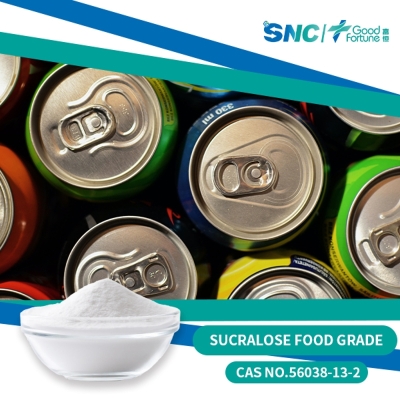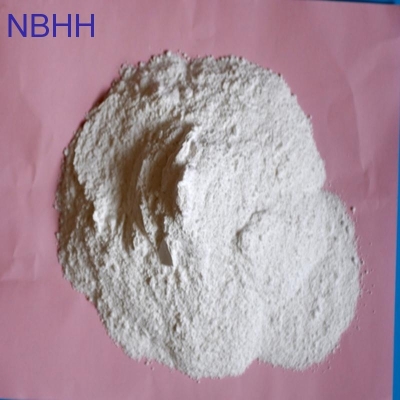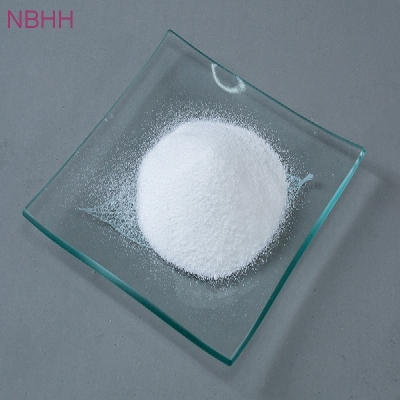-
Categories
-
Pharmaceutical Intermediates
-
Active Pharmaceutical Ingredients
-
Food Additives
- Industrial Coatings
- Agrochemicals
- Dyes and Pigments
- Surfactant
- Flavors and Fragrances
- Chemical Reagents
- Catalyst and Auxiliary
- Natural Products
- Inorganic Chemistry
-
Organic Chemistry
-
Biochemical Engineering
- Analytical Chemistry
-
Cosmetic Ingredient
- Water Treatment Chemical
-
Pharmaceutical Intermediates
Promotion
ECHEMI Mall
Wholesale
Weekly Price
Exhibition
News
-
Trade Service
More and more coffee shops are popping up in big cities and towns, and the frequency of the word "coffee" on major social platforms is gradually increasing
.
In addition to bitter Italian and American coffee, lattes, cappuccinos, and fried whites with milk, mocha with chocolate sauce, cream, syrup, caramel macchiato, etc.
, a variety of coffees have joined consumers' lives
.
Today, the expert team of Jiangxi Provincial Market Supervision Bureau will talk to you about coffee
.
.
In addition to bitter Italian and American coffee, lattes, cappuccinos, and fried whites with milk, mocha with chocolate sauce, cream, syrup, caramel macchiato, etc.
, a variety of coffees have joined consumers' lives
.
Today, the expert team of Jiangxi Provincial Market Supervision Bureau will talk to you about coffee
.
Why is coffee bitter?
When it comes to the bitter taste of coffee, people often think of caffeine
.
In fact, caffeine has a high bitterness threshold and no more than 4% of caffeine in green coffee beans, so caffeine is not the main source
of bitterness in roasted coffee.
The content of chlorogenic acid in green coffee beans is very high, up to 12%, and the chlorogenic acid produced by thermal decomposition of chlorogenic acid, chlorogenic lactone generated by lactone reaction and the bitterness threshold of the product of Maillard reaction are very low, so the bitter substances produced by chlorogenic acid are the main source of
bitterness in roasted coffee.
.
In fact, caffeine has a high bitterness threshold and no more than 4% of caffeine in green coffee beans, so caffeine is not the main source
of bitterness in roasted coffee.
The content of chlorogenic acid in green coffee beans is very high, up to 12%, and the chlorogenic acid produced by thermal decomposition of chlorogenic acid, chlorogenic lactone generated by lactone reaction and the bitterness threshold of the product of Maillard reaction are very low, so the bitter substances produced by chlorogenic acid are the main source of
bitterness in roasted coffee.
Can you lose weight by drinking coffee?
Some consumers believe that coffee can help lose weight, and this view stems from the claim
that caffeine can enhance the body's metabolism.
In fact, the effect of caffeine on basal metabolism is minimal, and it is not realistic
to achieve weight loss by increasing calorie consumption through coffee.
In addition, some coffee on the market will have high calories due to the addition of sugar, light cream, coconut milk, etc.
, for example, a cup of 500 mL of mocha coffee can reach 360 kcal
.
that caffeine can enhance the body's metabolism.
In fact, the effect of caffeine on basal metabolism is minimal, and it is not realistic
to achieve weight loss by increasing calorie consumption through coffee.
In addition, some coffee on the market will have high calories due to the addition of sugar, light cream, coconut milk, etc.
, for example, a cup of 500 mL of mocha coffee can reach 360 kcal
.
How much coffee can I drink per day?
The amount of coffee you drink is mainly to control your caffeine intake
.
The recommended daily caffeine intake is no more than 300 mg for pregnant women, pregnant women, and lactating people, and 400 mg
for other healthy adults.
For adolescents and children, the caffeine intake limit should be measured in terms of body weight (kg), and the daily intake should be less than 2.
5 mg/kg
.
.
The recommended daily caffeine intake is no more than 300 mg for pregnant women, pregnant women, and lactating people, and 400 mg
for other healthy adults.
For adolescents and children, the caffeine intake limit should be measured in terms of body weight (kg), and the daily intake should be less than 2.
5 mg/kg
.
It is worth noting that each person's tolerance to caffeine is different, and you should reduce your coffee intake
if you experience uncomfortable symptoms such as headache, rapid heart rate, palpitations, irritability, insomnia and other uncomfortable symptoms after drinking coffee.
if you experience uncomfortable symptoms such as headache, rapid heart rate, palpitations, irritability, insomnia and other uncomfortable symptoms after drinking coffee.
Can coffee be addictive?
Long-term coffee consumption creates a dependent effect because caffeine can block the brain's reception of signals
of physical fatigue.
If caffeine is consumed for a long time, fatigue receptors will increase accordingly, and when you suddenly stop consuming coffee, you are prone to withdrawal symptoms such as fatigue and inability to concentrate, but this situation will disappear
on its own after a few days.
It is important to note that the decayed coffee on the market is not caffeine-free, and a cup (in 227 mL) of regular decetide coffee usually contains 2-15 mg of caffeine
.
of physical fatigue.
If caffeine is consumed for a long time, fatigue receptors will increase accordingly, and when you suddenly stop consuming coffee, you are prone to withdrawal symptoms such as fatigue and inability to concentrate, but this situation will disappear
on its own after a few days.
It is important to note that the decayed coffee on the market is not caffeine-free, and a cup (in 227 mL) of regular decetide coffee usually contains 2-15 mg of caffeine
.
Consumption tips
1.
Caffeine can promote gastric acid secretion and enhance the burning sensation
in the stomach.
Consumers suffering from gastrointestinal diseases such as gastric ulcers, gastritis, and gastroesophageal reflux should not drink coffee, especially on
an empty stomach.
Caffeine can promote gastric acid secretion and enhance the burning sensation
in the stomach.
Consumers suffering from gastrointestinal diseases such as gastric ulcers, gastritis, and gastroesophageal reflux should not drink coffee, especially on
an empty stomach.
2.
Do not drink coffee
before going to bed.
Caffeine has high bioavailability, with a absorption ratio of up to 99% within 45 minutes after ingestion and a half-life of about 5 hours, so the excitatory effect of caffeine can be maintained for 5-6 hours
.
Do not drink coffee
before going to bed.
Caffeine has high bioavailability, with a absorption ratio of up to 99% within 45 minutes after ingestion and a half-life of about 5 hours, so the excitatory effect of caffeine can be maintained for 5-6 hours
.
3.
Consumers who drink coffee for a long time are not recommended to stop coffee intake suddenly, and withdrawal symptoms
can be alleviated by gradually reducing coffee intake.
Consumers who drink coffee for a long time are not recommended to stop coffee intake suddenly, and withdrawal symptoms
can be alleviated by gradually reducing coffee intake.
Source: Food Sampling Department of the Provincial Bureau
Written by: School of Food Science, Nanchang University







